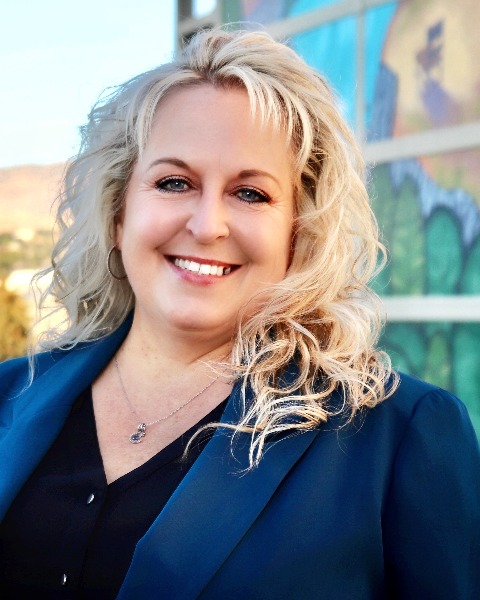Back
Community
'The Critical Relationship Between Public Health and Coroner/Medical Examiner Duties in Suicide Prevention'
Wednesday, April 2, 2025
4:15 PM – 5:15 PM East Coast USA Time
Location: Gina Knee Room, 4th Floor, Tower 402

Dotti Owens, M.A., Phd Public Health (Student)
Coroner/Medical Examiner Consultant (Retired Coroner)
Dotti Owens & Associates
Meridian, Idaho, United States
Speaker(s)
Body of Abstract: This presentation aims to explore the essential role that coroner and medical examiner offices play in the realm of suicide prevention as a public health issue. It will examine how these agencies' duties extend beyond death certification and investigation to include crucial contributions to public health initiatives, data collection, and prevention strategies. By highlighting best practices and collaborative efforts between medicolegal death investigation offices and public health agencies, this session seeks to enhance understanding and strengthen partnerships to reduce suicide rates and improve community health outcomes.
Objectives:
1-Understand the Role of Coroner/Medical Examiner Offices:
Explain the legal and procedural obligations these offices have regarding death certification and reporting.
Explore the Link Between Suicide Prevention and Death Investigation:
2-Demonstrate how accurate and thorough death investigations provide critical data for public health agencies and suicide prevention programs.
Highlight the importance of standardized reporting to track suicide trends, identify risk factors, and develop evidence-based interventions.
3-Best Practices for Collaboration:
Showcase successful models of collaboration between public health agencies and coroner/medical examiner offices in suicide prevention
efforts.
Discuss the benefits of multidisciplinary approaches, including data sharing, public health messaging, and training for coroners/medical examiners on mental health and suicide risk factors.
4-Challenges and Opportunities:
Address challenges faced by coroner/medical examiner offices, such as underreporting or misclassification of suicides due to social stigma, legal
issues, or lack of resources.
Explore policy development, training, and technology integration opportunities to improve data accuracy, communication, and suicide prevention efforts.
Objectives:
1-Understand the Role of Coroner/Medical Examiner Offices:
Explain the legal and procedural obligations these offices have regarding death certification and reporting.
Explore the Link Between Suicide Prevention and Death Investigation:
2-Demonstrate how accurate and thorough death investigations provide critical data for public health agencies and suicide prevention programs.
Highlight the importance of standardized reporting to track suicide trends, identify risk factors, and develop evidence-based interventions.
3-Best Practices for Collaboration:
Showcase successful models of collaboration between public health agencies and coroner/medical examiner offices in suicide prevention
efforts.
Discuss the benefits of multidisciplinary approaches, including data sharing, public health messaging, and training for coroners/medical examiners on mental health and suicide risk factors.
4-Challenges and Opportunities:
Address challenges faced by coroner/medical examiner offices, such as underreporting or misclassification of suicides due to social stigma, legal
issues, or lack of resources.
Explore policy development, training, and technology integration opportunities to improve data accuracy, communication, and suicide prevention efforts.
Learning Objectives:
- Define the responsibilities of coroner/medical examiner offices in death investigations, particularly in suicide cases.
- Demonstrate how accurate and thorough death investigations provide critical data for public health agencies and suicide prevention programs.
- Showcase successful collaboration models between public health agencies and coroner/medical examiner offices in suicide prevention efforts.
- Recommendations for improving partnerships, data accuracy, and prevention programs.
